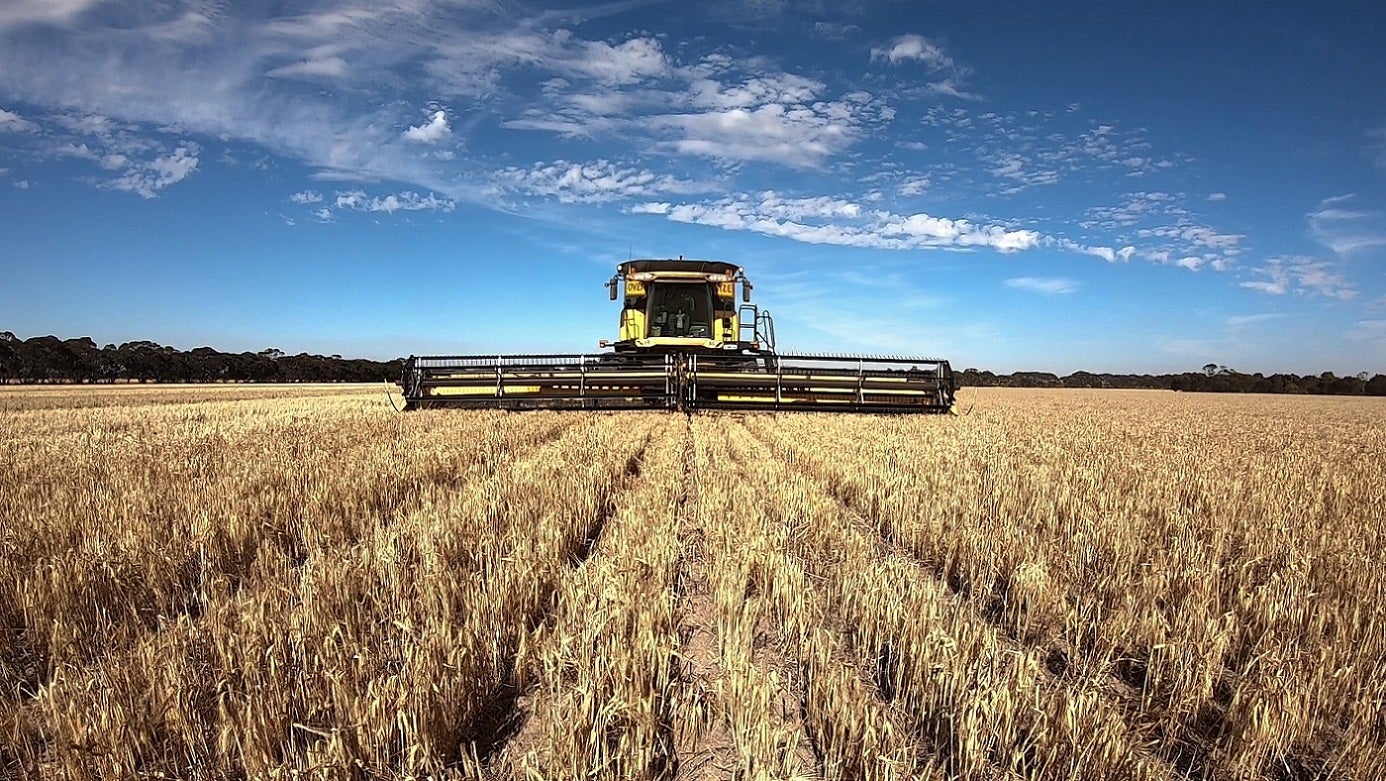
China is to remove its tariffs on Australian barley after three years, a move that raises hopes of a similar move on wine.
Since 2020, China has imposed an 80.5% anti-dumping and countervailing duties tax on the importation of Australian barley. During a period of high political tension, China had accused Australia of dumping cheap barley and wine into its market.
In response, the Australian government filed a trade dispute complaint with the World Trade Organization (WTO). Canberra lifted the complaint in April when Chinese officials said they were open to reviewing the issue.
“The Australian government’s approach has been to cooperate with China where we can, disagree where we must and engage in our national interest,” Murray Watt, Australia’s Minister for Agriculture, said, today (4 August).
“The outcome on barley reflects that approach. We will continue to press for all trade impediments affecting Australian exports to be removed, which is in the interests of both Australia and China.”
Australia’s barley trade with China was worth A$916m ($600m) in 2019. To fill that market gap, farmers have been relying on existing trade agreements like the Comprehensive and Progressive Agreement for Trans-Pacific Partnership (CPTPP), which provides them with the means to trade into other markets such as Mexico.

US Tariffs are shifting - will you react or anticipate?
Don’t let policy changes catch you off guard. Stay proactive with real-time data and expert analysis.
By GlobalDataTony Mahar, CEO of Australia’s National Farmers Federation, said: “Scrapping these tariffs is welcome news for some 23,000 Australian grain producers who have been impacted by the tariffs imposed in 2020.
“These tariffs significantly impacted the barley trade between Australia and China which previously accounted for approximately 60–70% of barley exports.”
Due to the tariffs, China has been buying its barley from other sources, including Europe, Canada and Argentina, all at a higher shipping costs. The extra demand put pressure on these markets, particularly Europe, where prices had spiked to $14/bushel at the start of the Ukraine war, but have since returned to $6.40/bushel.
Bernstein analysts said today that: “reduced demand from China should see less buying pressure in the European market and hence the premium of malting barley over feed barley and wheat should fall.”
Removal of barley duties means Australia will now discontinue its legal proceedings at the WTO. However, the nation is still carrying out a similar WTO dispute regarding the trade of Australian wine to China.
China’s Ministry of Commerce brought in tariffs of between 107% and 212% on Australian wine in November 2020. The move came as part of an investigation into claims that Australian producers were both dumping wine in China and benefitting from government subsidies.
The Ministry upped the tariff range to between 116% and 218% the following March and said they would be in place for five years.
In 2022, Australian vintners saw a 64% decline in exports to north-east Asia, which includes mainland China, to A$328m ($216m), according to figures from trade association Wine Australia.
The fall of volumes and sales in China – and a lesser 9% drop in Europe – saw annual exports of Australian wine drop by 19% in value and 10% in volume for its year ending June 2022.
In today’s statement on the removal of barley tariffs, Watt indicated the government’s intent to push for the removal of all trade blocks hitting Australian exports and that it would “continuing to pursue our wine dispute at the WTO and remain confident in a positive outcome”.


